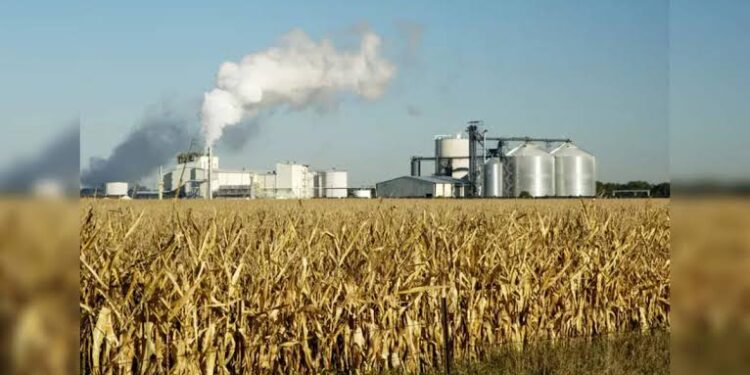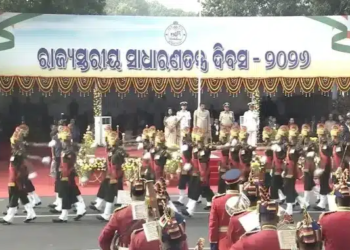In a bid to promote clean energy and sustainable waste management, the Ministry of New and Renewable Energy (MNRE) has notified revised guidelines under the Waste-to-Energy (WtE) Programme, a sub-component of the National Bioenergy Programme.
The new rules are aimed at enhancing transparency, performance-based financial support, and easing compliance for both public and private sector stakeholders, including MSMEs.
The revamped framework simplifies approval processes and reduces paperwork, helping accelerate production of Compressed Biogas (CBG), biogas, and power from waste materials such as stubble, industrial waste, and other biomass sources. These reforms are in line with India’s long-term net-zero emissions goal by 2070.
A major change in the revised policy is the flexible and phased release of Central Financial Assistance (CFA). Earlier, companies had to wait until a plant reached 80% generation capacity to access funds. Under the new structure, 50% of the CFA can be released upon acquiring the Consent to Operate certificate from the State Pollution Control Board, backed by a bank guarantee. The remaining assistance will be disbursed once the project reaches 80% of either its rated or eligible capacity.
Importantly, if a project fails to achieve the 80% benchmark, pro-rata CFA disbursement is allowed based on actual output—provided the plant maintains at least a 50% Plant Load Factor (PLF). Projects with PLF below 50% will not receive any CFA.
The inspection process has also been streamlined. The revised norms require joint inspections led by the National Institute of Bio-Energy (SSS-NIBE) in collaboration with one of the State Nodal Agencies (SNAs), Biogas Technology Development Centers (BTDCs), or other MNRE-empaneled agencies. Developers not seeking advance CFA will undergo a single performance inspection, cutting procedural delays.
Another key update offers project developers flexibility to claim CFA within 18 months from the project’s commissioning date or the in-principle CFA approval date, whichever is later.
By tying financial support to real-world performance and easing bureaucratic hurdles, MNRE aims to foster a business-friendly and scalable WtE ecosystem. This move is expected to bolster India’s clean energy goals, improve waste management systems, and encourage wider adoption of bioenergy technologies.





























